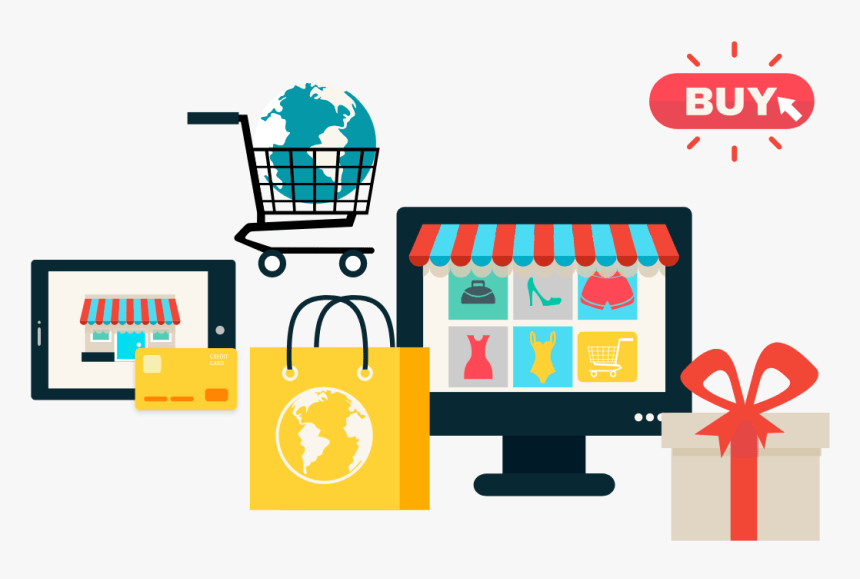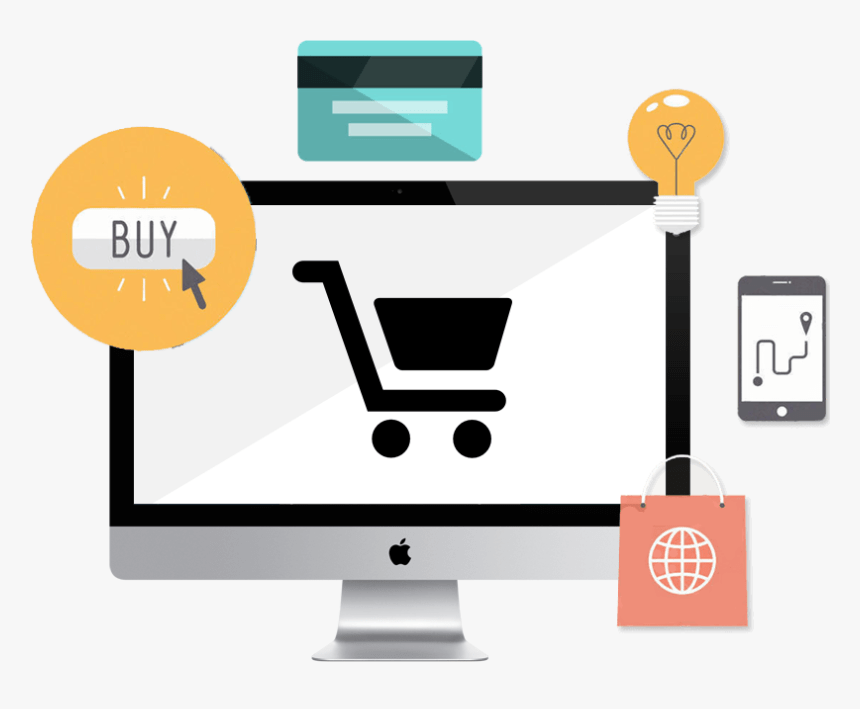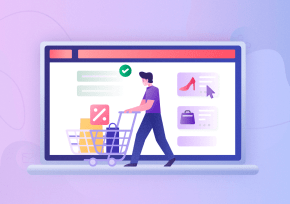In today’s digital age, the realm of business has transformed significantly, with e-commerce emerging as a powerhouse for entrepreneurs and enterprises alike. The ability to operate an online store offers unparalleled opportunities for growth and success. In this comprehensive guide, we will walk you through the essential strategies and techniques to become an e-commerce pro and elevate your online business to new heights.
Introduction
In the vast landscape of e-commerce, success is not just about having a product to sell; it’s about understanding your target audience, standing out in a crowded market, and delivering a seamless shopping experience. This article will equip you with the tools and insights you need to become an e-commerce pro and make your online business flourish.

Choosing the Right E-Commerce Platform
Selecting the right e-commerce platform sets the foundation for your online venture. Consider factors such as ease of use, customization options, scalability, and integration with other tools.
Designing Your Online Store for Maximum Impact
Your website’s design is your virtual storefront. Opt for a clean and user-friendly layout that reflects your brand identity. Ensure easy navigation, high-quality images, and mobile responsiveness.

Creating Compelling Product Listings
Craft product descriptions that not only detail features but also convey the benefits and value they offer to customers. Use high-resolution images and videos to showcase products from different angles.
Implementing a Seamless Checkout Process
Minimize cart abandonment by simplifying the checkout process. Offer guest checkout options, clear calls to action, and multiple payment gateways for convenience.
Leveraging Social Media for Marketing
Social networking platforms are indispensable for establishing a connection with your target audience. Develop a strong presence on platforms relevant to your industry, create engaging content, and run targeted ads.
Mastering Search Engine Optimization (SEO)
Optimize your website and product pages for search engines. Conduct keyword research, optimize meta tags, create high-quality content, and earn backlinks to improve your rankings.
Effective Email Marketing Campaigns
Build a mailing list and send personalized email campaigns to keep customers informed about new products, promotions, and industry insights.

Managing Inventory and Fulfillment
Efficiently track and manage your inventory to avoid stockouts and overstocking. Explore dropshipping and third-party fulfillment options to streamline operations.
Providing Exceptional Customer Service
Deliver exceptional customer support through multiple channels, including live chat, email, and social media. Address customer concerns promptly and go the extra mile to resolve issues.
Analyzing Data for Continuous Improvement
Regularly analyze your website and marketing performance metrics. Use tools like Google Analytics to gain insights and make data-driven decisions to enhance your strategies.
Building Trust and Credibility
Showcase customer reviews and testimonials prominently on your site. Implement trust signals such as security badges and money-back guarantees to build credibility with potential buyers.

Expanding to New Marketplaces
Consider expanding your reach by listing your products on popular e-commerce marketplaces like Amazon, eBay, and Etsy. Each platform has its own audience and unique benefits.
Embracing Innovation and Staying Ahead
Keep abreast of the most current e-commerce trends and technologies. Embrace innovations like AI-powered chatbots, virtual reality shopping experiences, and voice search optimization.
Conclusion
Becoming an e-commerce pro requires dedication, strategy, and a customer-centric approach. By implementing the techniques outlined in this guide, you’ll be well on your way to boosting your online business and achieving long-term success.
FAQs
1. What is the most important factor for e-commerce success?
The customer experience takes the lead. Providing a seamless, enjoyable shopping journey fosters trust and loyalty.
2. How can I drive more traffic to my online store?
Invest in a robust SEO strategy, engage in content marketing, and leverage social media to attract and retain visitors.
3. What role does mobile optimization play in e-commerce?
Mobile optimization is crucial, as a significant portion of online shoppers use mobile devices. A mobile-friendly site ensures a positive experience for all users.
4. How can I build credibility with potential customers?
Displaying customer reviews, trust badges, and transparent return policies can enhance your credibility and encourage purchases.
5. Why is staying updated with e-commerce trends important?
The e-commerce landscape evolves rapidly. Staying updated helps you adopt new strategies and technologies to stay competitive and meet customer expectations.











